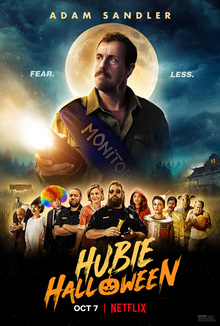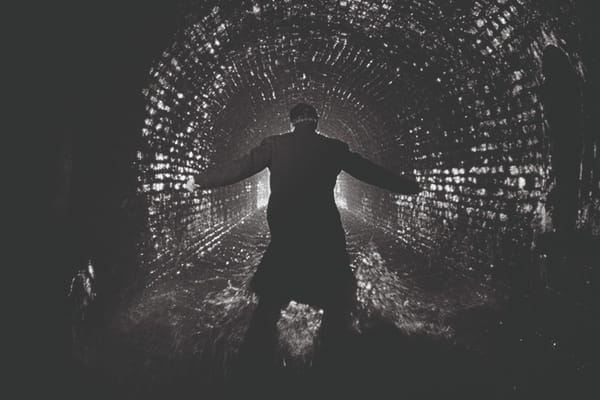Saint Maud Review ★★★★☆
Until Saint Maud, I had not been aware as to just how unsettling a movie can be when religious possession is entirely ideological, self-driven, and delusional.
One of the most popular devices used by horror directors of late is that of possession. Such a theme is often displayed through the process of an ‘other’ taking hold of an innocent host to go about its sordid business. This idea can of course be executed with varying levels of success. We see it fail miserably in money-grabbers like The Conjuring and The Nun, but also see it succeed in genuinely good horror movies like Ari Aster’s Hereditary. As in those mentioned, the possession usually takes place in a religious or cult context, though it is not in itself ever religious. The unlucky host often has no conscious agency, having totally succumbed to the spirit or devil possessing them. Until Rose Glass’s debut feature Saint Maud, I had not been aware as to just how unsettling a movie can be when the agency is returned to the host, when the religious possession is entirely ideological, self-driven, and delusional. In many ways, this possession is more unsettling than the more common demonic possessions. A spirit can always leave, and in doing so can return the person back to rationality. But if they have been possessed by an idea, as opposed to a spirit or ethereal force, what can they return to? What can save them?
The role of Maud—a young nurse who cares for the terminally ill, and who is on the verge of a very personal, life-consuming religious epiphany—is no easy task. However, Morfydd Clark (who recently featured in The Personal History of David Copperfield) gives a beautifully balanced performance. She gives us enough insight into her mind that we feel her downward spiral, yet she keeps enough cards close to her chest that we do not know how far she’ll fall. Jennifer Ehle—formally Myrtle Logue in The King’s Speech, and Jessica in Kathryn Bigelow’s Zero Dark Thirty—is dangerously playful in the role of Amanda, Maud’s newest patient and target of conversion. Although Saint Maud is reminiscent of a standard horror movie in the beginning, its tone shifts slightly when Maud questions her faith. As Maud looks to sex and alcohol to mend her polarising psyche, the film bears striking resemblences to Julia Ducournau’s exhilarating 2016 film Raw. Both Raw and Saint Maud are about a possessed young woman who tries to shake her obsession through delving into the ‘dark side’, who feels anger towards a more hedonistic older woman, and who ultimately is unable to help herself. However, despite the themes of possession and psychological degeneration, Saint Maud, like Raw, is ultimately about loneliness.
The bleak coastal town where Maud lives, and the isolated house on the hill where she cares for Amanda, emphasise just how alone and far from normalcy she has become. The soundtrack, consisting of drawn out notes and barking cellos, comes and goes but is very effective in setting an eerie tone. Although only 80 minutes, the ending does not feel premature—it is assured and superbly abrupt, with a final shot that will haunt you on your way home. The horror we’re used to will undoubtedly mislead people’s expectations going into this one. I’d advise you to leave your desire for a scare-fest at the cinema doors and embrace the character study, you will not be disappointed.
Directed by: Rose Glass
Starring: Morfydd Clark; Jennifer Ehle







